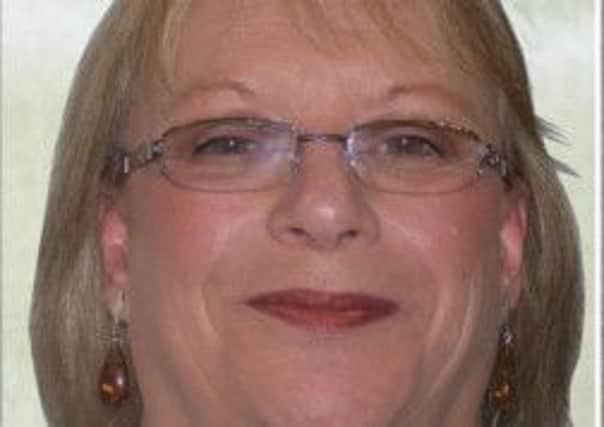Comment: Mature women suffer most under austerity


Women, and particularly older women, have borne the brunt of the austerity that has been inflicted on public services in recent years. With a disproportionate presence in the lower paid and most under-pressure roles. The cry of “do more for less” has been one that has become depressingly familiar. Unison Scotland has conducted a series of surveys amongst differing groups of overwhelmingly female groups in the workforce – occupational therapists, care workers and cleaners, among others. In all groups, the age profile of the workforce is increasing, and in all groups the standard of living is plummeting.
Cleaners report hours being cut back, staff being lost and the areas they are expected to keep clean increasing. With occupational therapists, older women are having to pick up extra work as younger colleagues who are on maternity leave are not replaced.
Advertisement
Hide AdAdvertisement
Hide AdThe ongoing under-resourcing of social care sees many staff working for what is effectively below the minimum wage and the scandal of 15-minute care visits.
Needless to say, all report the impact of trying to cope when pay has either been frozen or failed to match inflation year after year after year.
The impact isn’t just financial, of course, physical work takes more of a toll as women age and increasingly aggressive sickness absence policies have implications and impact.
Any serious examination of the situation of older women workers will take these into account and acknowledge the difficulty of tackling them whilst resources are being reduced.
It is a good sign that women such as Agnes Tolmie and the STUC’s Ann Henderson are involved in this commission, but to make a difference for older women, what is needed from Labour, and every other party, isn’t another inquiry or report, however well intentioned or comprehensively researched, but a commitment to putting pounds in purses through making sure that women get paid a fair wage for the work that they do.
• Diane Anderson is welfare secretary with Unison Scotland.
FOLLOW US
SCOTSMAN TABLET AND MOBILE APPS